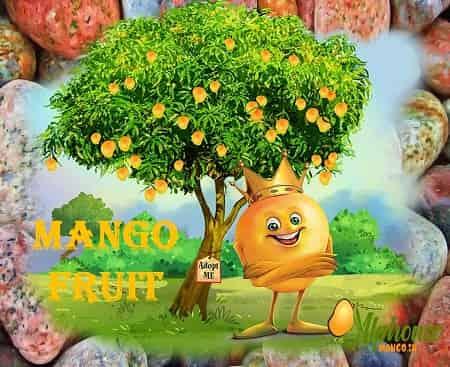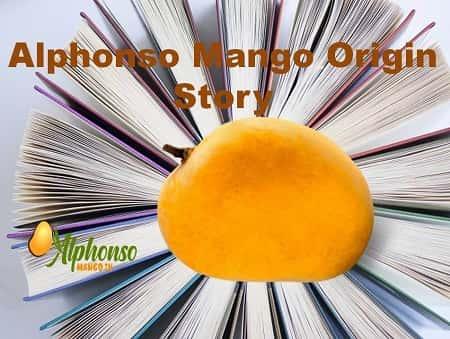
Unlocking the Secrets of Mango Fruit: Ultimate Guide
By Prashant Powle
Mangoes are super yummy fruits! They're sweet and juicy, and you can find them in lots of bright colours like yellow, green, and red. Inside, there's a big seed. Mango...
1 dozen hapus mango price
1 kg hapus mango price
about mango fruit
alphonso hapus Mango fruit
alphonso hapus mango fruit online
alphonso mango fruit online
Buy Alphonso Mango Fruit
Buy Devgad Mangoes
Buy Ratnagiri Hapus Mango Fruit
devgad hapus Mango fruit
hapus Mango fruit
Health benefits of Mango
how to eat mango fruit
mango fruit
mango fruit benefits
Mango Fruit buy online
mango fruit calories
mango fruit details
mango fruit essay
mango fruit glycemic index
mango fruit health benefits
mango fruit images
mango fruit information
mango fruit near me
mango fruit nutrition
mango fruit online
mango fruit origin
mango fruit picture
mango fruit recipes
mango fruit uses
mango fruit varieties
mango fruit vitamins
mango fruit wikipedia
mango fruity
mango like fruit
ratnagiri hapus Mango fruit
Why Mango is Called King of Fruits
Read more

